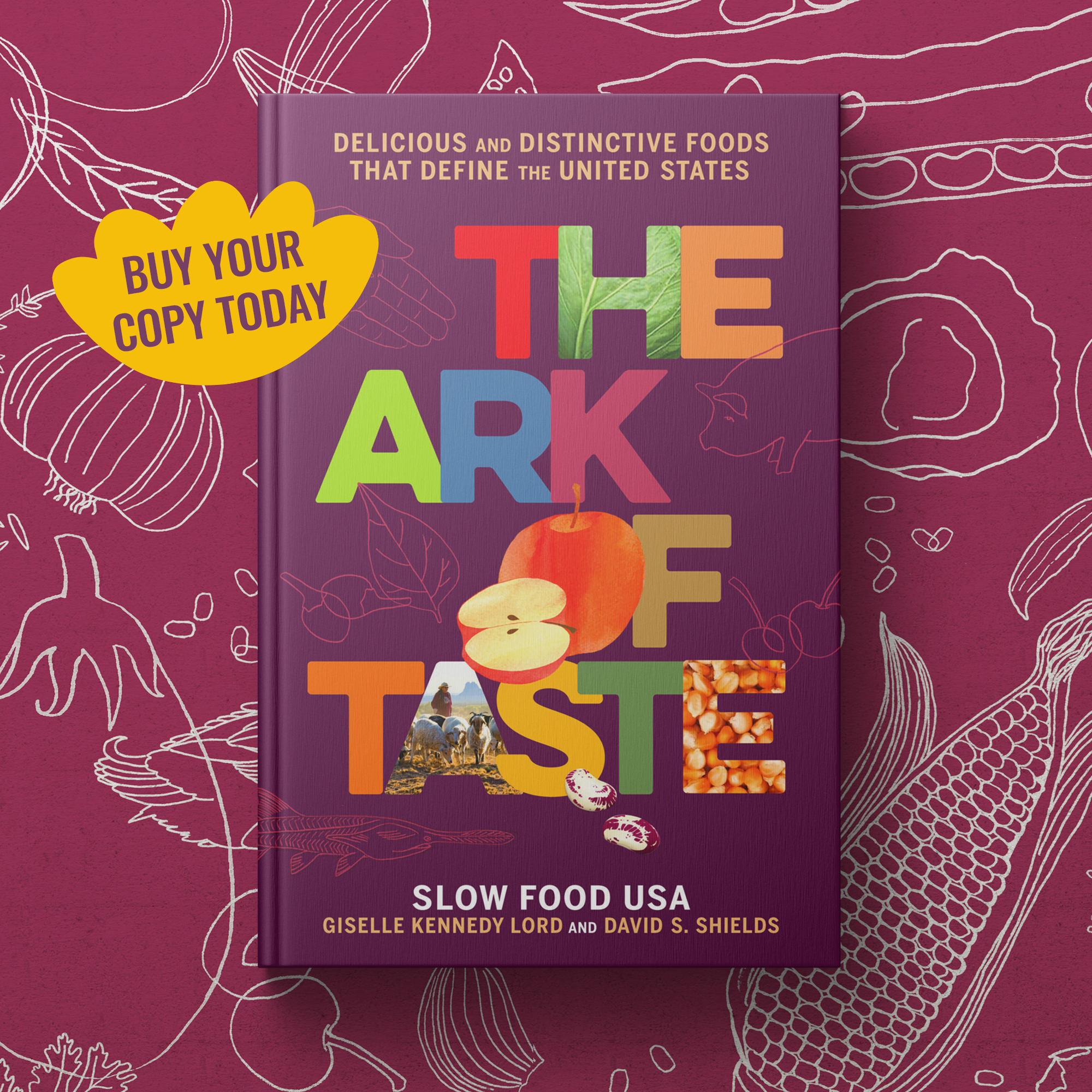The ark of taste
Where heritage meets biodiversity.
The Ark of Taste is a living catalog of delicious and distinctive foods facing extinction. By identifying and championing these foods, we keep them in production and on our plates.
Agricultural biodiversity and small–scale, family-based food production systems are in danger throughout the world due to industrialization, genetic erosion, changing consumption patterns, climate change, the abandonment of rural areas, migration, and conflict.
The Ark of Taste invites everybody to take action: In some cases, products need to be rediscovered and put back on the table, and producers need to be supported and to have their stories told; in others, such as the case of endangered wild species, it might be better to eat less or none of them in order to preserve them and favor their reproduction.
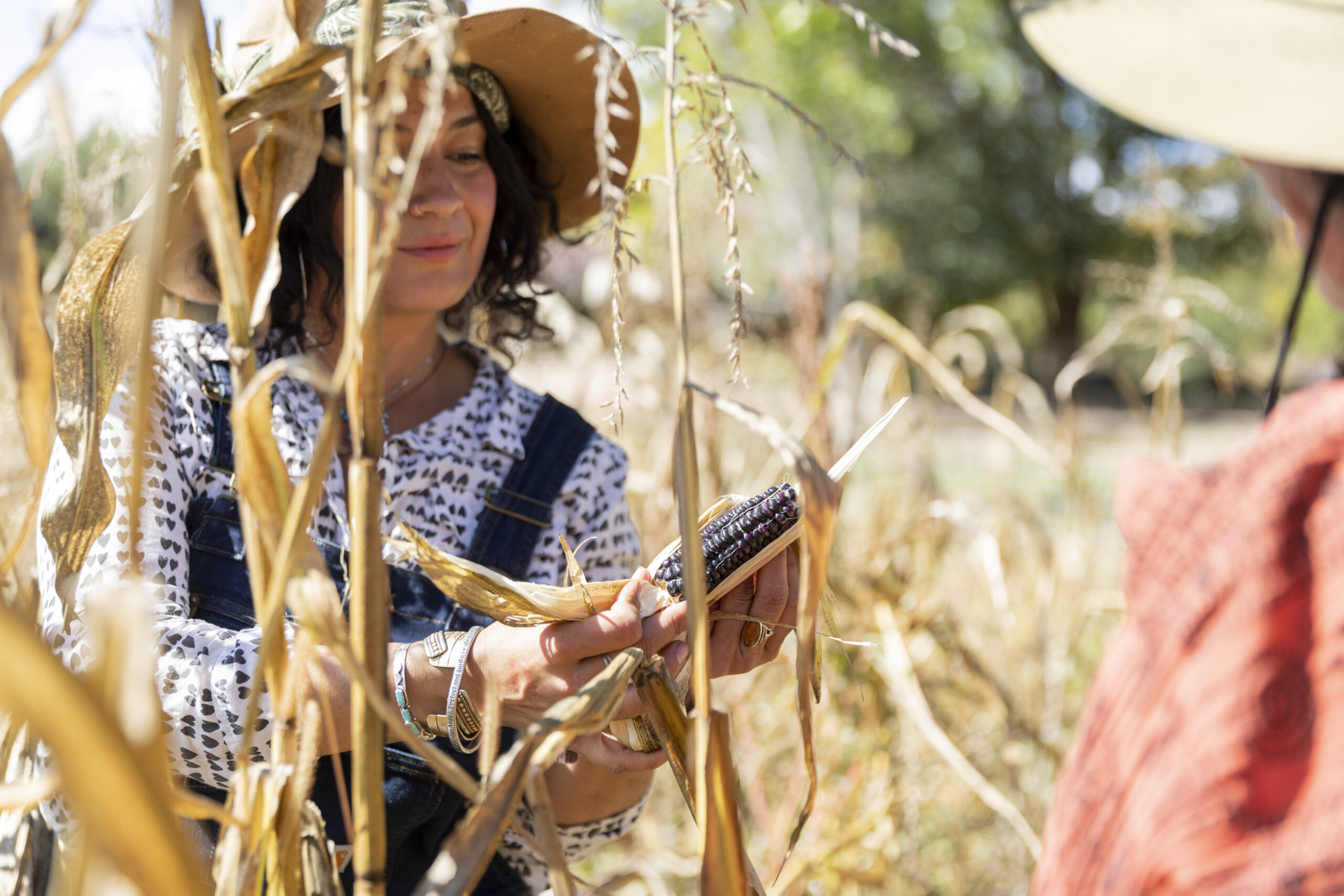
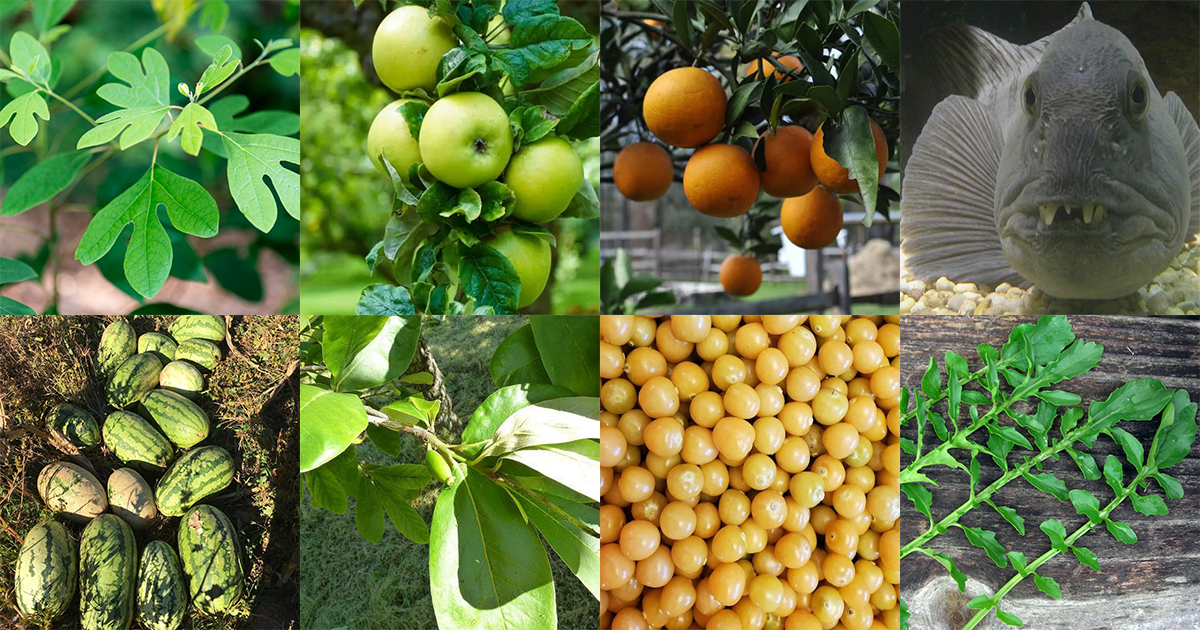
Ark of Taste in the USA
Since 1996, more than 3,500 products from over 150 countries have been added to the International Ark of Taste. Over 200 of these foods are from the USA, and we are always seeking more edible treasures to include.
PRESENT A NOMINATION
Please submit your local, critically endangered food to the Ark of Taste so we can find ways to preserve and celebrate it.
- Nominations for inclusion on the Ark must be food products and may include: domestic species (plant varieties, ecotypes, indigenous animal breeds and populations), wild species (only if tied to methods of harvesting, processing and traditional uses) and processed products.
- Products must be of distinctive quality in terms of taste. “Taste quality,” in this context, is defined in the context of local traditions and uses.
- Products must be linked to a specific area, to the memory and identity of a group and to local traditional knowledge.
- Products must be produced in limited quantities.
- Products must be at risk, due to fragile supply chains or environmental contexts that could be compromised by social, environmental, or economic factors.
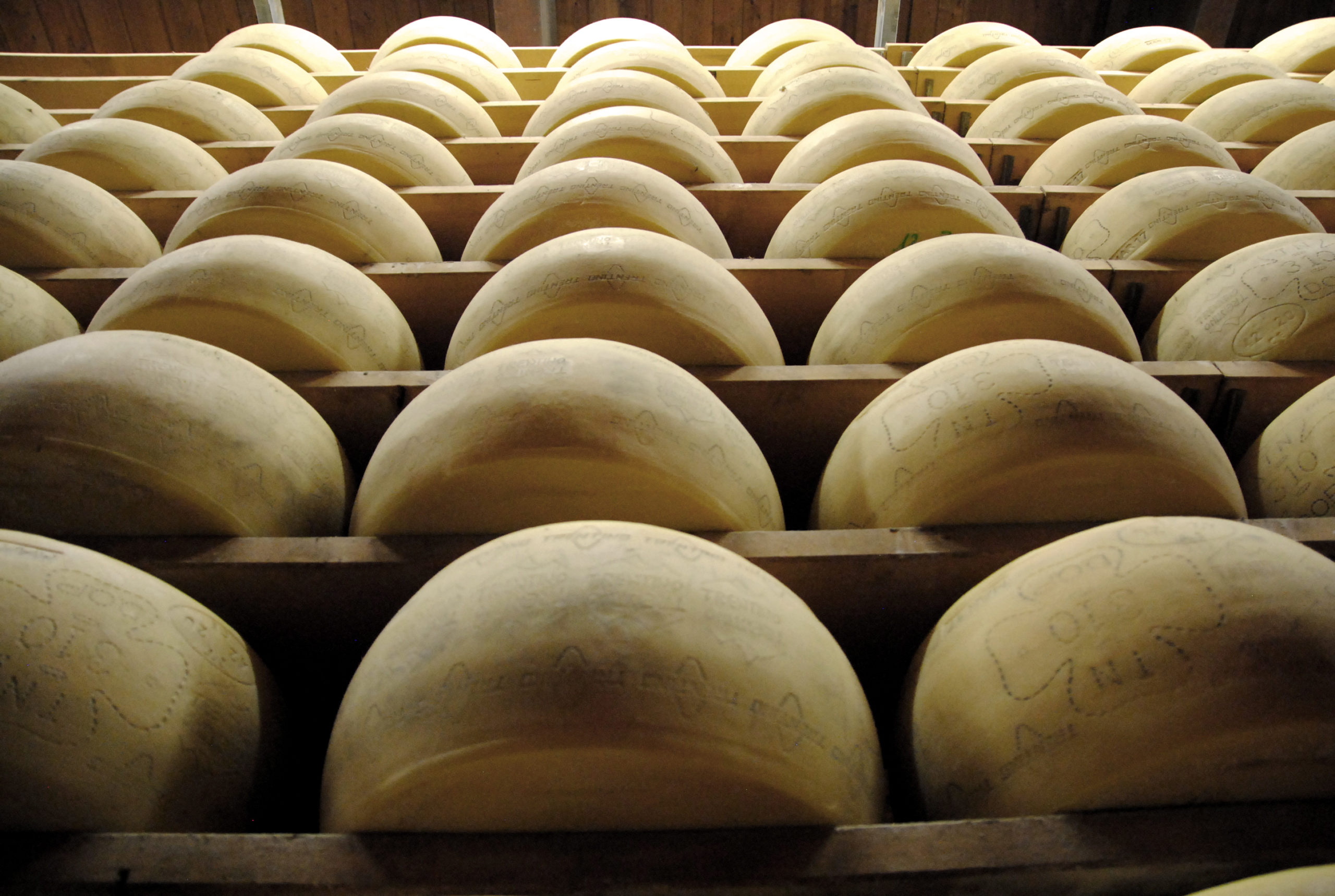
ENDANGERED
Produced in limited quantities, these foods will not be around in another generation or two without immediate action. Risk factors may be biological, commercial, or cultural.

GOOD
Whether an animal breed, baked treat, fruit, spice, grain, or beverage these foods are prized by those who eat them for their special taste.
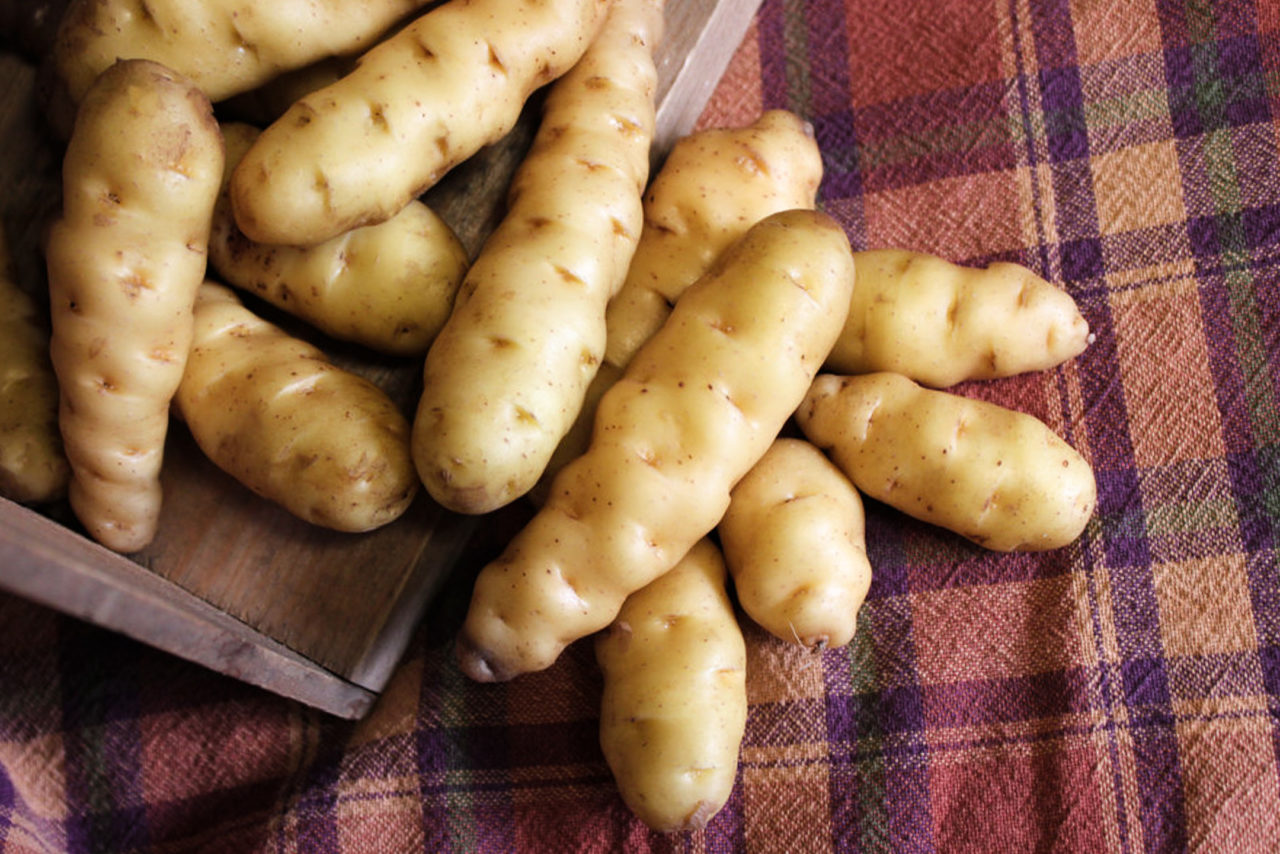
CLEAN
No engineered foods here. These foods are linked to the place and the community that protects them. Everything on the Ark of Taste has the potential to be grown, raised or produced without harm to the environment.
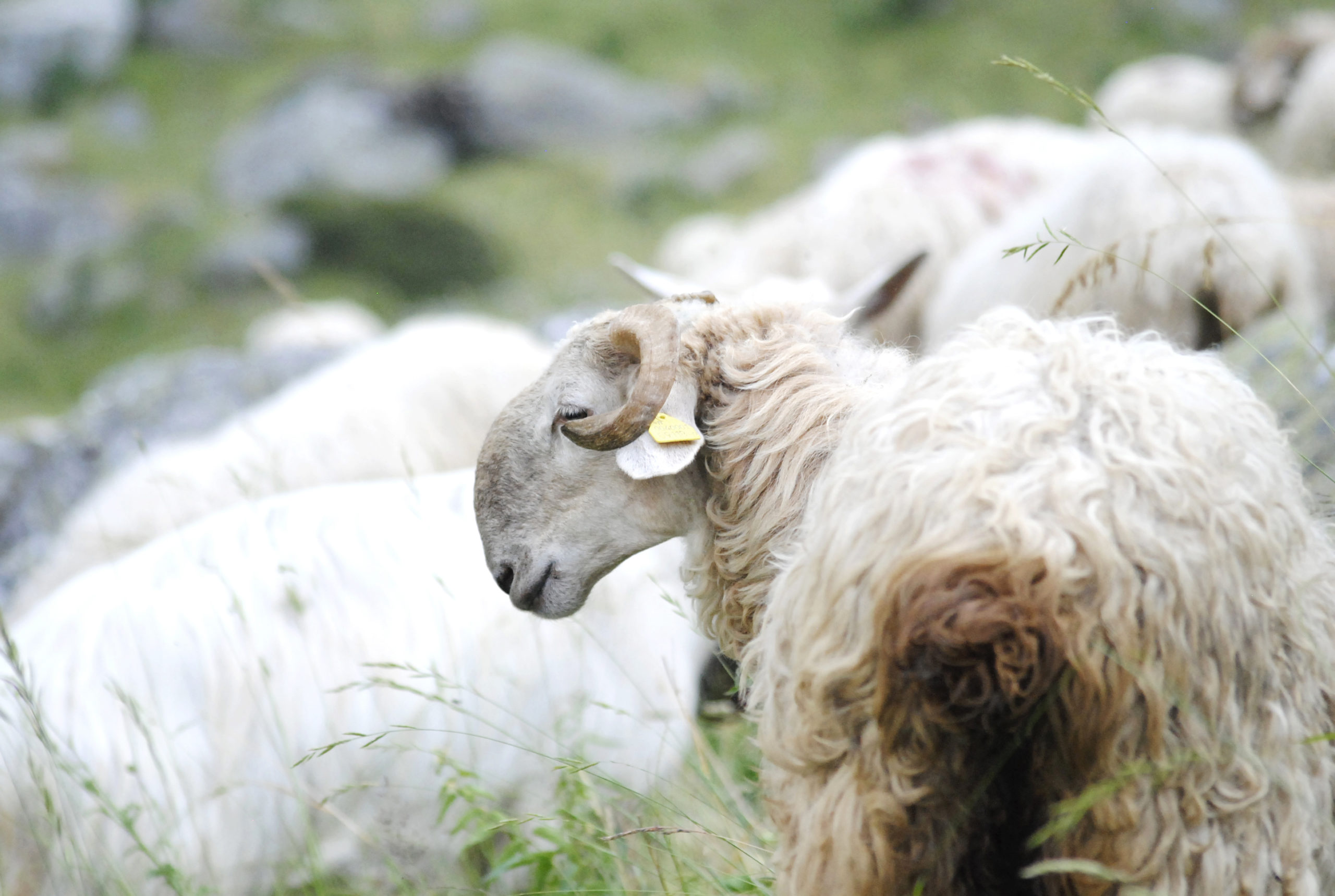
FAIR
To keep these foods’ traditions alive takes many hands. No commercial or trademarked items are allowed on to the Ark of Taste, only foods that anyone may champion, produce, share or sell.
Plant a Seed
Learn about the Campaign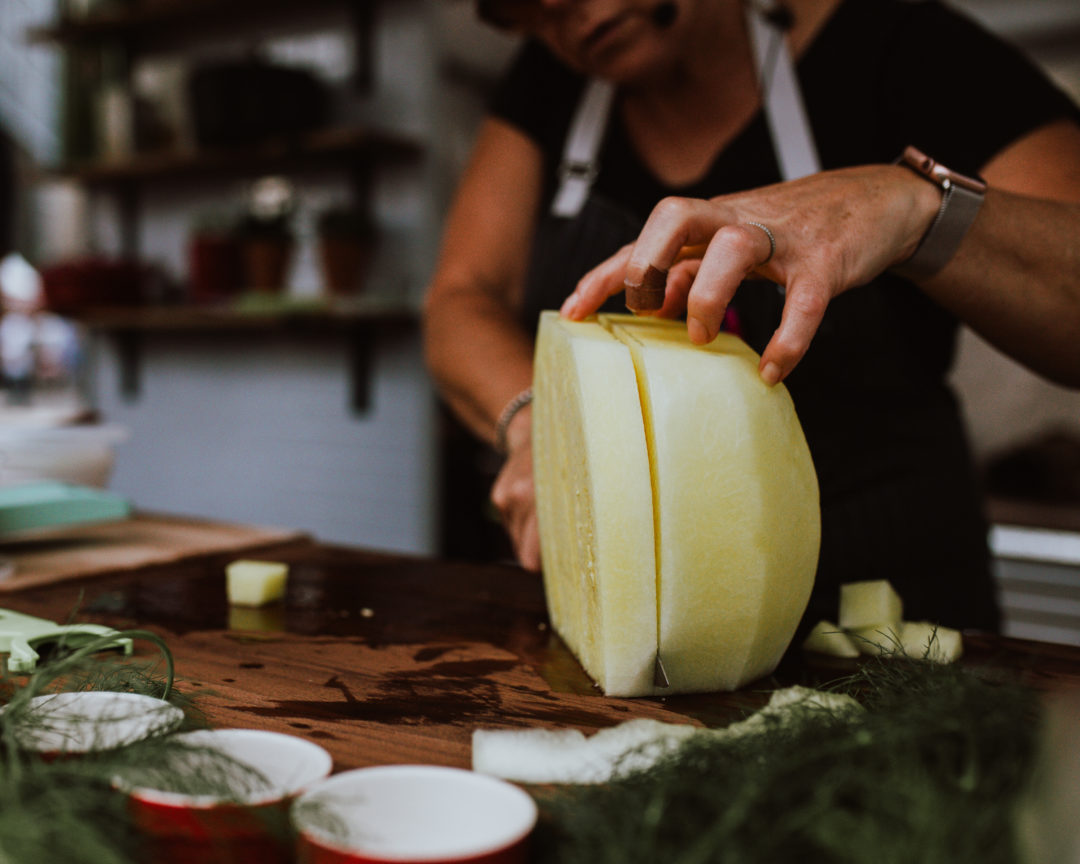
ADVOCATE
The Ark of Taste is a tool for farmers, ranchers, fishers, chefs, grocers, educators and consumers to seek out and celebrate our country’s diverse biological, cultural and culinary heritage. You can help increase awareness of this catalog by becoming an Ark of Taste ambassador — whether you cultivate Ark of Taste varieties in your farm or garden, cook with them in your kitchen, or organize a field trip to learn about Ark of Taste varieties from growers and stewards of these culturally and historically significant foods in the places where they thrive.
STAY CONNECTED
If you’re passionate about promoting and protecting our world’s biodiversity, connect with others who share that passion! Find your nearest chapter to connect with leaders there and find out more about how to support the Ark of Taste on a local level.
If you’re curious about any resources or seed varieties in your area, find and contact your local Ark of Taste Representative—see the list below!
SEED vendors
THESE SEED COMPANIES HAVE MADE MANY ARK OF TASTE SEED VARIETIES AVAILABLE. CLICK ANY NAME TO SHOP THEIR SEED COLLECTION!
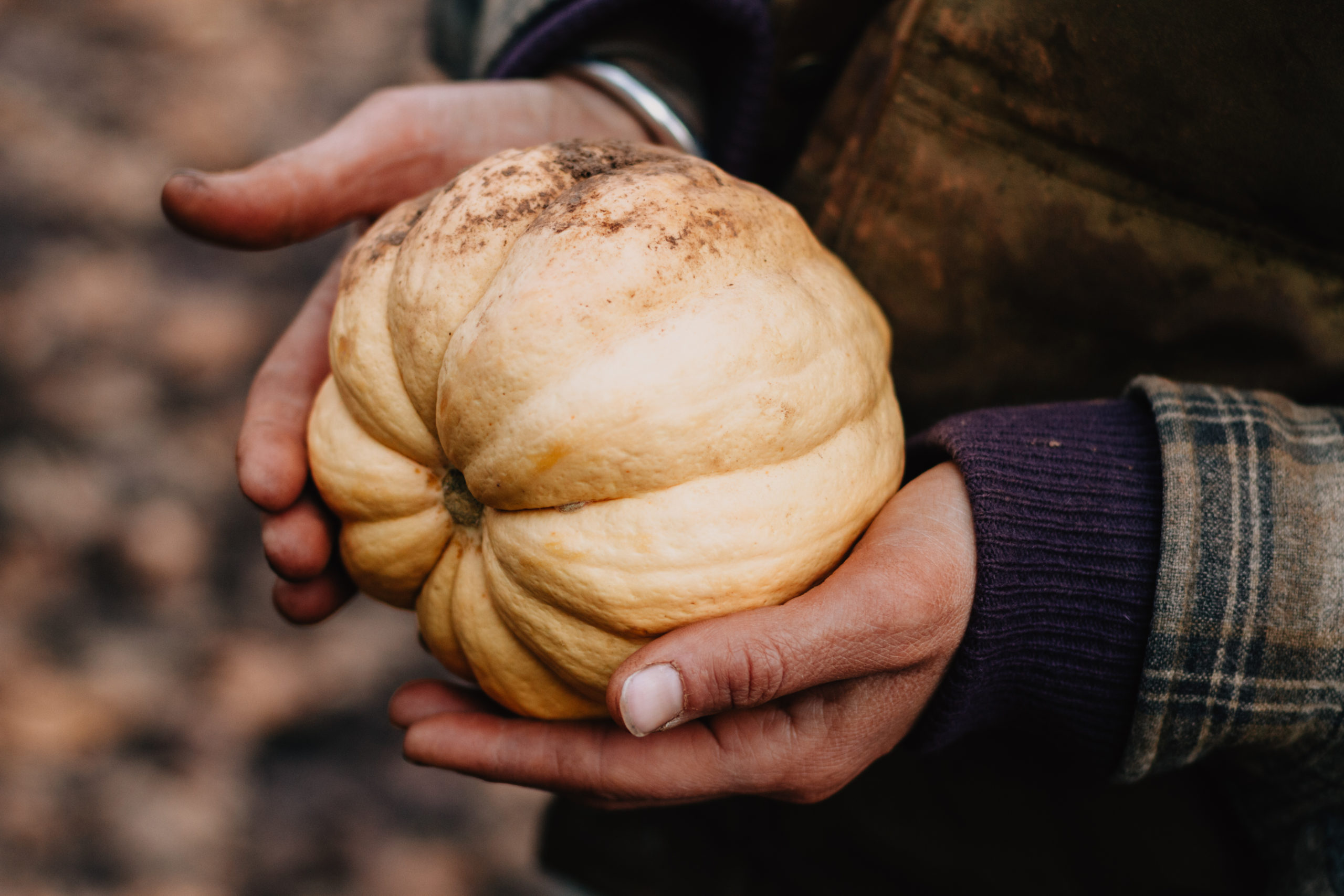
ADAPTIVE SEEDS
Baker Creek Heirloom Seeds
Harris Seeds
Hudson Valley Seed Co.
Giving Ground Seeds
GREAT LAKES STAPLE SEEDS
High Desert Seed + Gardens
The Natural Gardening Company
Nature & Nurture Seeds
North Circle Seeds
Pinetree Garden Seeds
Seed Savers Exchange
Small House Seeds
SOW TRUE SEED
Sustainable Seed Company
Terroir Seeds
True Love Seeds
Ujamaa Seeds
UPRISING SEEDS – CHECK OUT THEIR ARK OF TASTE SEED SAMPLER!
Victory Seed
WORKING FOOD
ARK OF TASTE COMMITTEEs
The Ark of Taste regional committees mobilize and vet Ark nominations, work with Slow Food International for publication, and encourage educational and professional promotion of biodiversity. We are thankful for their expertise and enthusiasm!
Southeast
Alabama, Arkansas, DC, Florida, Georgia, Kentucky, Louisiana, Maryland, Mississippi, North Carolina, South Carolina, Tennessee, Virginia, West Virginia, Puerto Rico, US Virgin Islands
Email: AoT Southeast
David Shields
Dr. David S. Shields is the Carolina Distinguished Professor at the University of South Carolina and the Chairman of the Carolina Gold Rice Foundation. His scholarship explores three fields: early American literary culture, American performing arts photography and food studies. His history Southern Provisions: the Creation and Revival of a Cuisine (University of Chicago 2015), chronicles the emergence in the 1800s of a distinctive set of foodways along the southeastern coast of the United States. As Chair of the CGR Foundation, Shields provided the research enabling Glenn Roberts and Dr. Brian Ward to recover and put into commercial production classic southern ingredients, such as benne, sea island white flint corn, purple straw wheat, purple ribbon sugar cane, the Carolina African runner peanut and the Bradford watermelon. In autumn 2017 the University of Chicago Press will publish his collection of 175 biographical sketches, The Culinarians: Lives and Careers for the first Age of American Fine Dining.
Since 2013 Dr. Shields has chaired Slow Foods Ark of Taste committee for the South. He is the sole author or editor of eleven books and he edited the scholarly journal Early American Literature for a decade. In 2016 he won the Southern Foodways Alliances Keeper of the Flame Award.
Northeast
Maine, New Hampshire, Vermont, Massachusetts, Connecticut, Rhode Island, New York, Pennsylvania, New Jersey, Delaware, New Hampshire
Email: AoT Northeast
Mimi Edelman
Mimi Edelman is the owner of I&Me Farm located on the North Fork of Long Island. The Farm’s harvest includes global foods, Ark of Taste and heirloom crops. Mimi has had leadership roles in Slow Food Chapters-Hudson Valley, Metro North and East End. Currently her focus is Co-Chair of the Northeast Ark of Taste Committee. Her work has been recognized by Delegate roles at Terra Madre Conferences and receipt of the 2019 Snailblazer Biodiversity Award at Slow Nations Denver.
JEFF QUATTRONE
Jeff Quattrone is an artist and heirloom seed activist who, with community partners, has permanently changed free and open access to seeds in South Jersey. His Library Seed Bank project brought the concept of seed libraries to South Jersey in 2014. Along with seed access, Jeff has revived six functionally extinct Jersey bred tomato varieties, and is defining the Jersey Tomato Foodway with his Iconic Jersey Tomatoes project. The Ark of Taste and his first Terra Madre experience in 2012 convinced Jeff to become a passionate activist for food biodiversity. In 2018, he was a sponsored delegate to Terra Madre, where he joined other seed activists on an international community seed saving panel.
Midwest
Ohio, Indiana, Michigan, Wisconsin, Illinois, Missouri, Iowa, Minnesota, Kansas, Nebraska, North Dakota, South Dakota, Oklahoma
Email: AoT Midwest
Jeanne Calabrese
Jeanne Calabrese is a sustainable agriculture and food justice advocate. For years she has cultivated her knowledge of local food systems and growing practices in order to gain a better understanding of how to impact positive change within the food system. This has led her to complete the Stateline Farm Beginnings course, a residency program in fermentation, certification as a master food preserver and an apprenticeship on a small apple orchard. She has taken numerous workshops at food and farming conferences throughout the US. She is co-founder of City Orchards, a 501c3 entity that designs, implements and manages micro orchards on Chicago’s westside. She has been a member of the Midwest Ark of Taste since its inception and is a former Slow Food Chicago board member.
Hawaii
Hawaii
LAURIE CARLSON
Laurie has lived in Hawaii since she was fifteen years old, and has worked for decades with diverse communities to manage a pioneering natural foods cooperative and worked with co-op leaders to pass a bundle of state laws that included incorporation for consumer and housing co-ops. She founded an alternative weekly newspaper, Honolulu Weekly, which she managed for more than twenty years. Laurie was involved in founding the first Hawaii Slow Food chapter, which was state-wide initially. At the newspaper she highlighted and supported local food and sustainability issues. She is now retired from day-to-day work but continues to support food and agriculture education through her membership in the Hawaii Tropical Fruit Growers’ Association and as a graduate of UH’s College of Tropical Agriculture’s master gardener program. Through the Slow Food O’ahu chapter, she works with community members to create educational events that share knowledge about the islands’ traditional and local foods.
COMMITTEE IS IN DEVELOPMENT
Southwest AND ROCKY MOUNTAINS
Texas, New Mexico, Colorado, Utah, Nevada, Wyoming, Arizona, Idaho, Montana
Email: AoT Moutain Southwest

